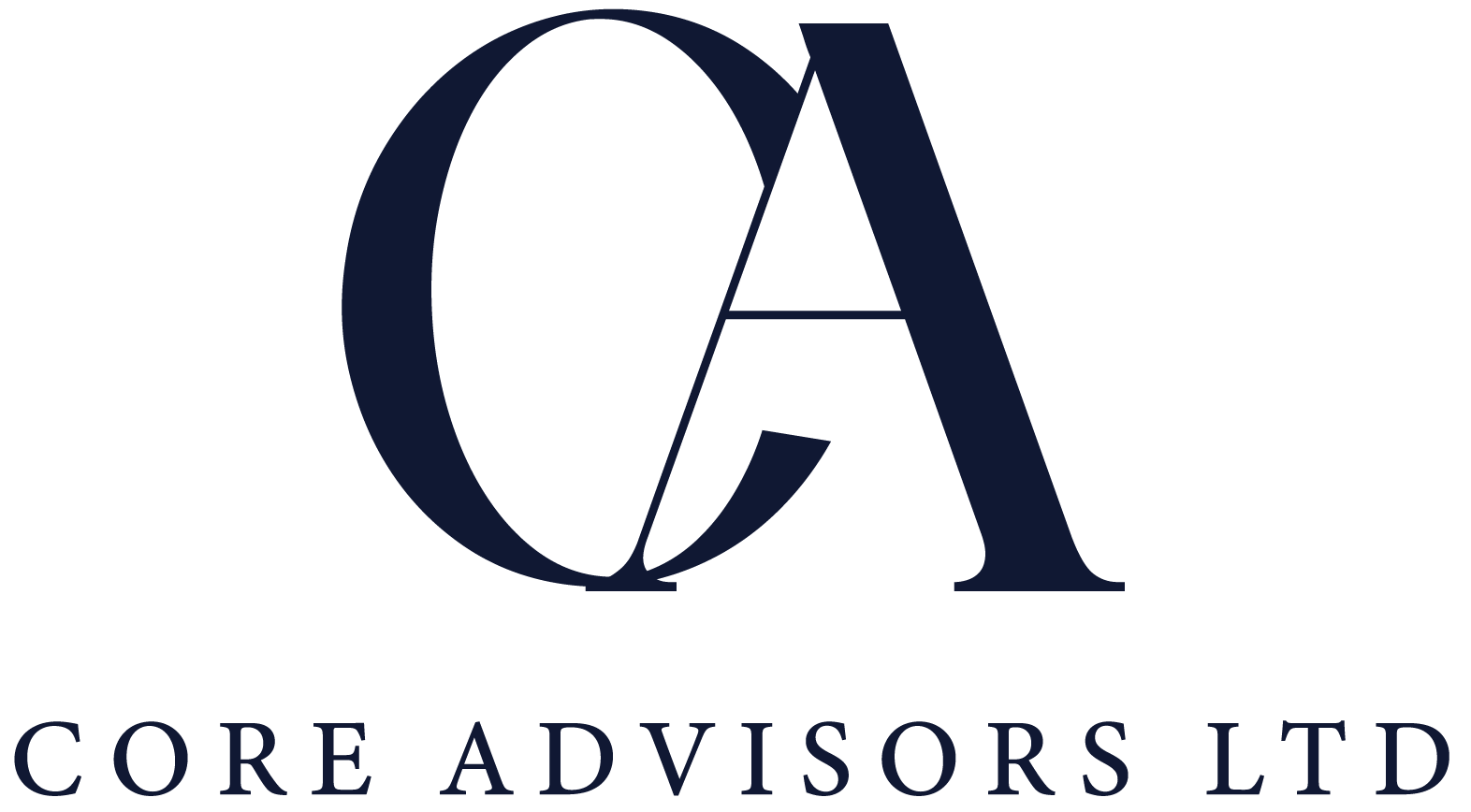
Investing is more than just picking stocks or bonds- it’s about creating a financial strategy that works for you and changes with the market. An investment portfolio advisor guides you through this complex landscape with expertise and personalized guidance. So, what do they do, and why should you think about working with one?
Let’s take a look at the role of an investment portfolio advisor, why their services are so important, and practical tips or warnings to help you maximize your partnership.
What is an Investment Portfolio Advisor?
An investment portfolio advisor is a financial professional who assists individuals and businesses in constructing and managing investment portfolios. They evaluate your financial health, goals, and risk tolerance to provide tailored strategies that maximize returns while minimizing risks.
Tip: Find out about your advisor’s credentials.
When you choose an advisor, check out their qualifications and track record. If you’re working with a professional, look for certifications like CFA (Chartered Financial Analyst) or CFP (Certified Financial Planner).
Why You Need an Investment Portfolio Advisor
Expertise That Simplifies Financial Decisions
Financial markets are overwhelming for most people. There’s a lot to take in, from understanding asset classes to predicting market trends, and advisors bring expertise to simplify this complexity, helping you make smarter investment decisions.
Warning: Be Cautious of Overly Aggressive Advisors
If an advisor is always trying to get you to take on higher risks without thinking about your comfort level, be careful. A good advisor puts your financial security ahead of quick gains.
Investment Strategies tailored to your needs.
There is no such thing as two investors that are the same. A portfolio advisor designs strategies that meet your unique financial situation. Their advice will be tailored to your objectives, whether you’re planning for retirement, funding a child’s education or early financial independence.
Tip: Set Clear Financial Goals
Before your first meeting, write down your short-term and long-term goals. This lets the advisor know what to work with based on your priorities.
Risk Management
Investment is risky, but an advisor mitigates that risk through diversification, asset allocation and market analysis. They make sure your portfolio is able to withstand economic fluctuations while still on target to achieve your goals.
Warning: Don’t Underestimate Risk
No investment is 100 per cent risk-free, even with an advisor. Never take someone’s word for it; always ask about potential downsides to recommended strategies to avoid surprises later
Continuous Portfolio Monitoring.
Markets are volatile, and it takes an ongoing adjustment to develop a successful investment strategy. When it comes to your investment portfolio, advisors regularly review the portfolio to see if and how it performs optimally as it responds to market changes and new opportunities.
Tip: Schedule Quarterly Reviews
It is important to meet your advisor at least once a quarter. Updates are regular, and you are informed of what is happening with your portfolio and what you need to do.
Insights and Opportunities at your fingertips.
Most advisors have exclusive market insight, financial instruments and networks that the average investor does not have. They can introduce you to investment opportunities that fit your goals and wouldn’t be available to you otherwise.
Warning: Be Wary of Hidden Fees
Some advisors may recommend products that suit them by way of commissions or hidden charges. You should always ask for a clear breakdown of fees.
Working Effectively with an Investment Portfolio Advisor
Give Clear Communication
Your advisor is not a mind reader. From the get-go, be transparent about your financial goals, risk tolerance and expectations. Before you meet your advisor, make a list of questions and concerns to go over with him or her. This will ensure you have all bases covered when you are discussing.
Stay Involved in the Process
Advisors will take care of the technical aspects of investing, but you need to be involved in the decision-making process. However, losing control without knowing your investments means you may not be making decisions that fit your vision. Keep engaged to stay on top of things.
Review Performance Regularly
The best plans need tweaking. Make sure you and your advisor review your portfolio regularly to ensure you are on track and can adjust. Get your advisor to give you clear metrics like ROI (Return on Investment) or risk-adjusted returns to objectively measure your portfolio’s success.
Conclusion
Building wealth requires wisely investing, and an investment portfolio advisor is a great partner in this journey. Whether you are a first-time investor or a veteran investor looking to sharpen your strategy, their experience can be the difference between achieving your financial goals or not.
We at Core Advisors are experts in tailor-made investment portfolio management to help you grow and protect your wealth. You’ll have the tools and insights to make confident financial decisions with our team of experienced advisors. Start building a portfolio that works for your future by contacting CoreAdvsr today at https://coreadvsr.com/.
